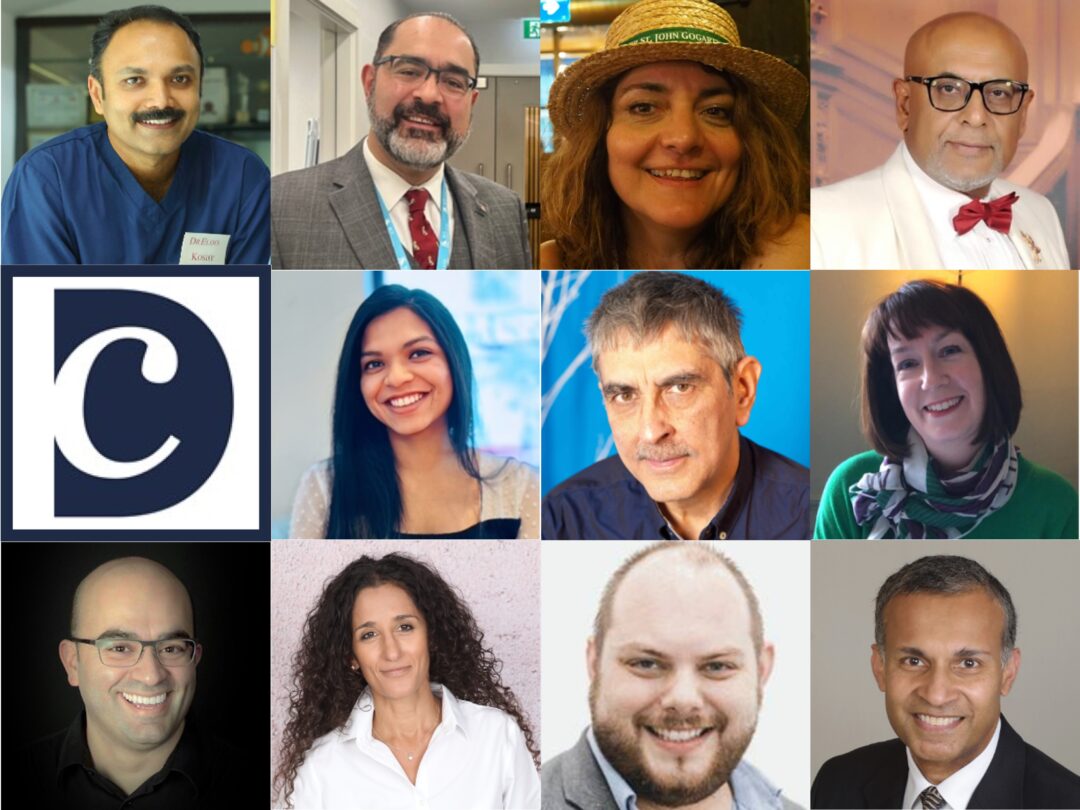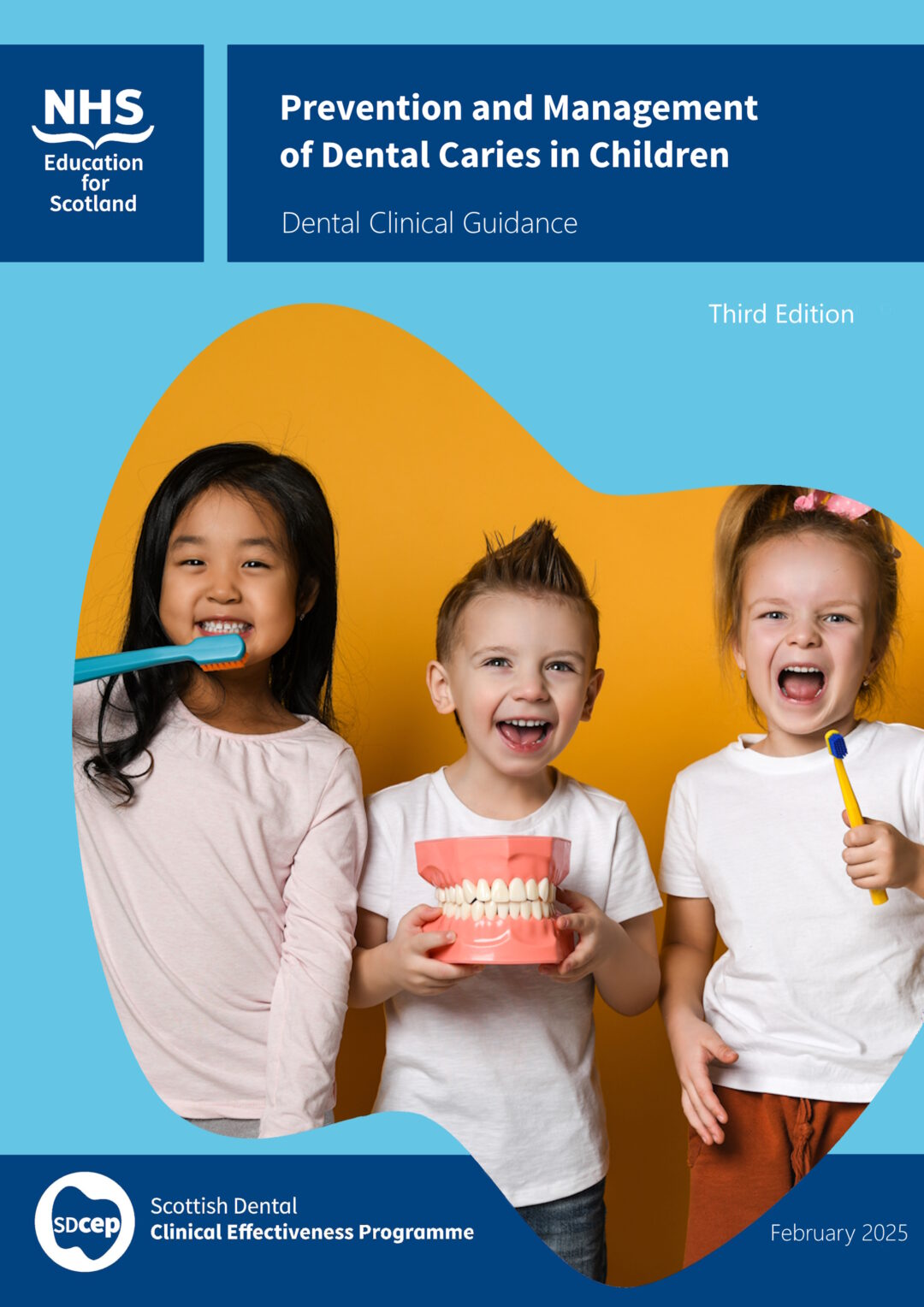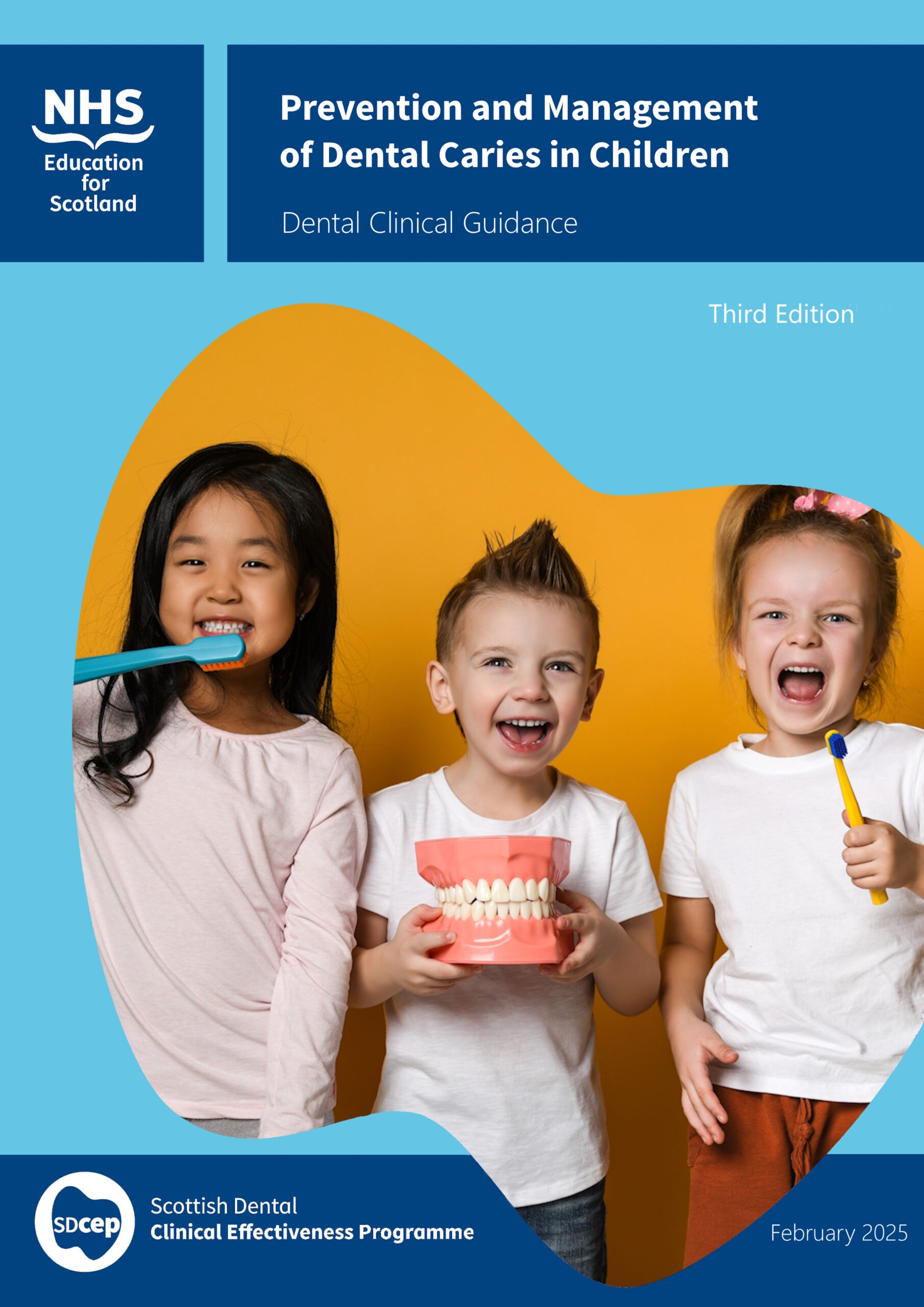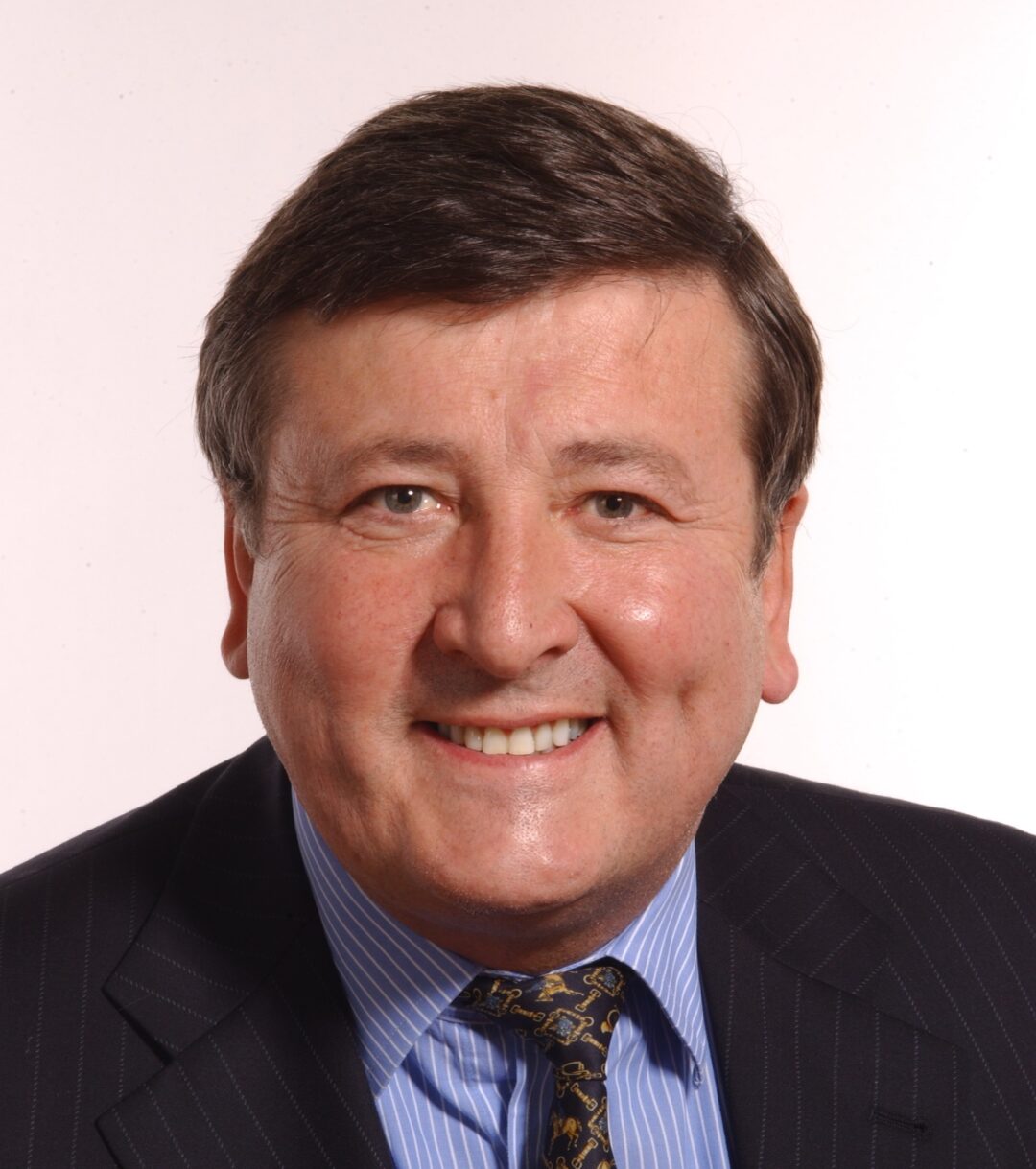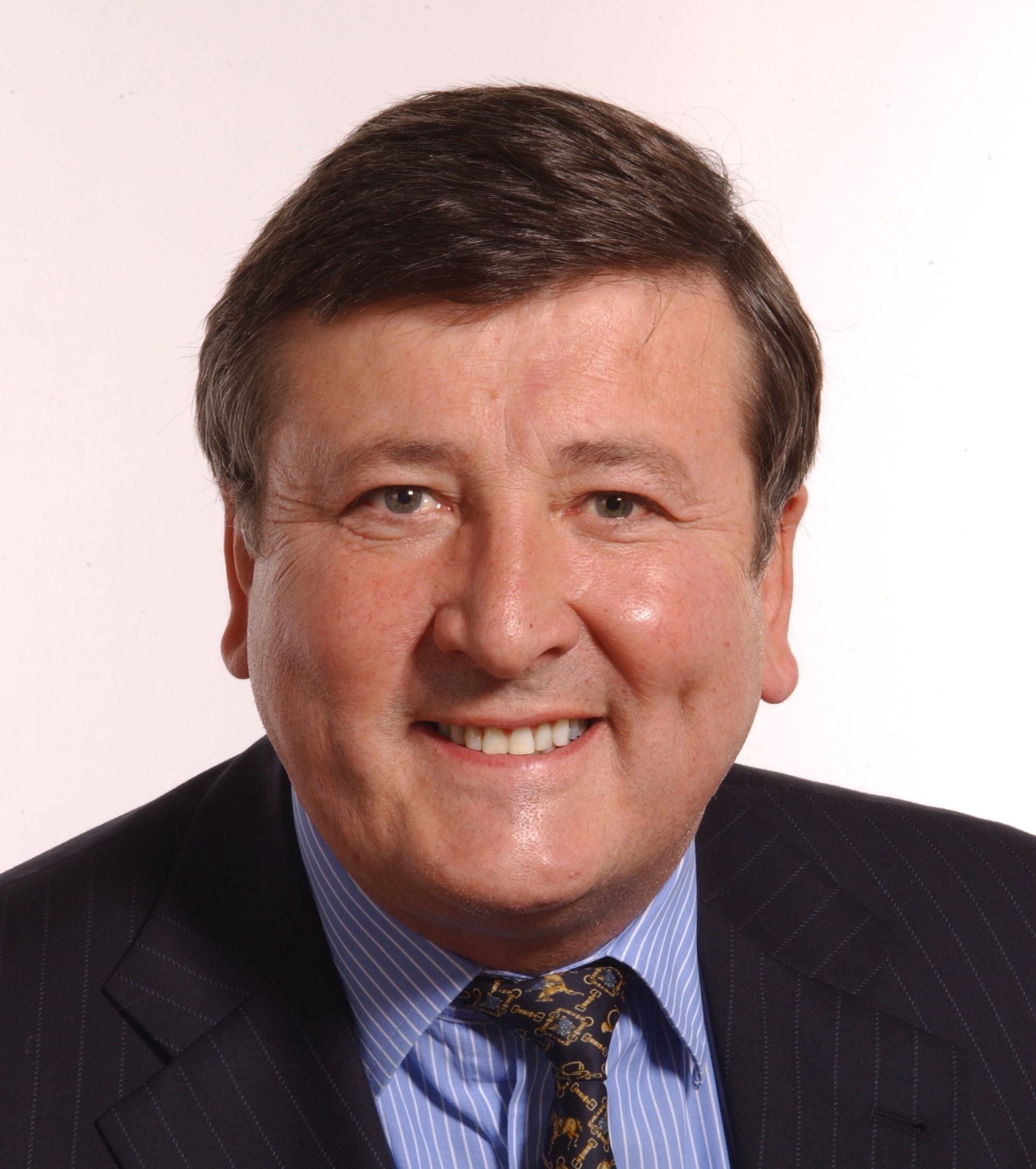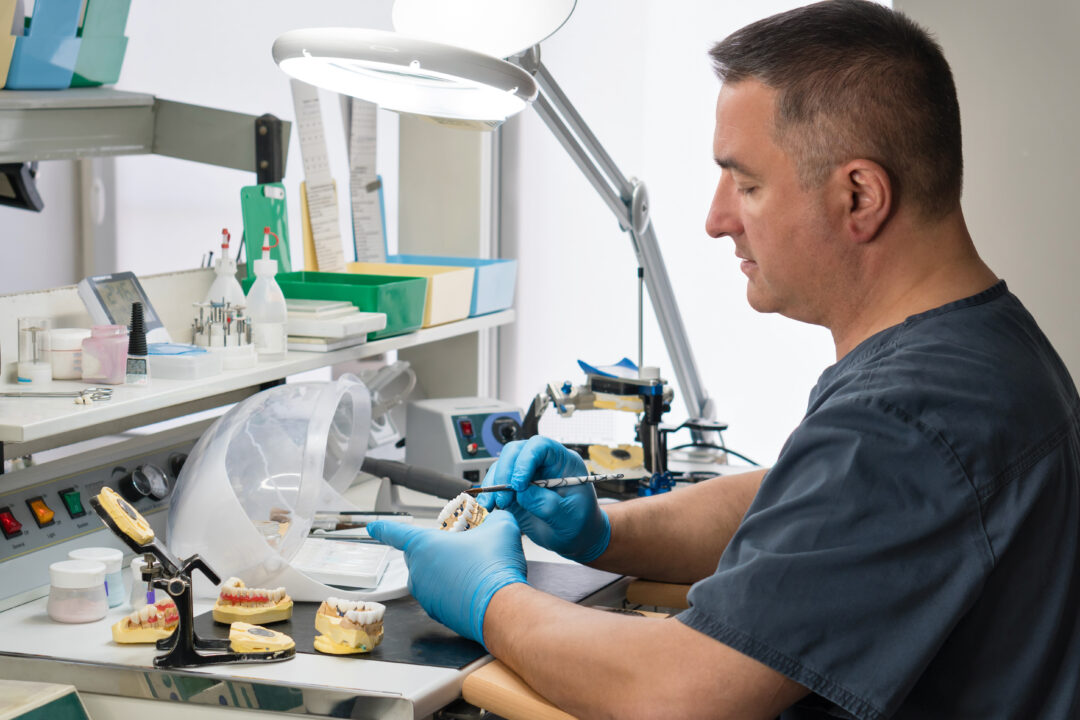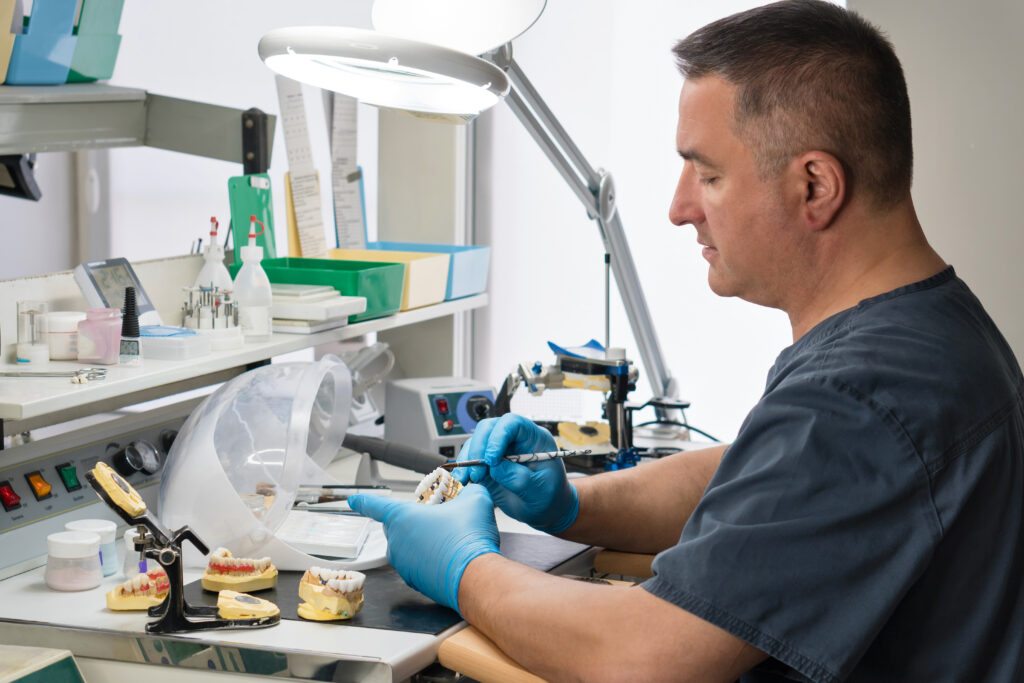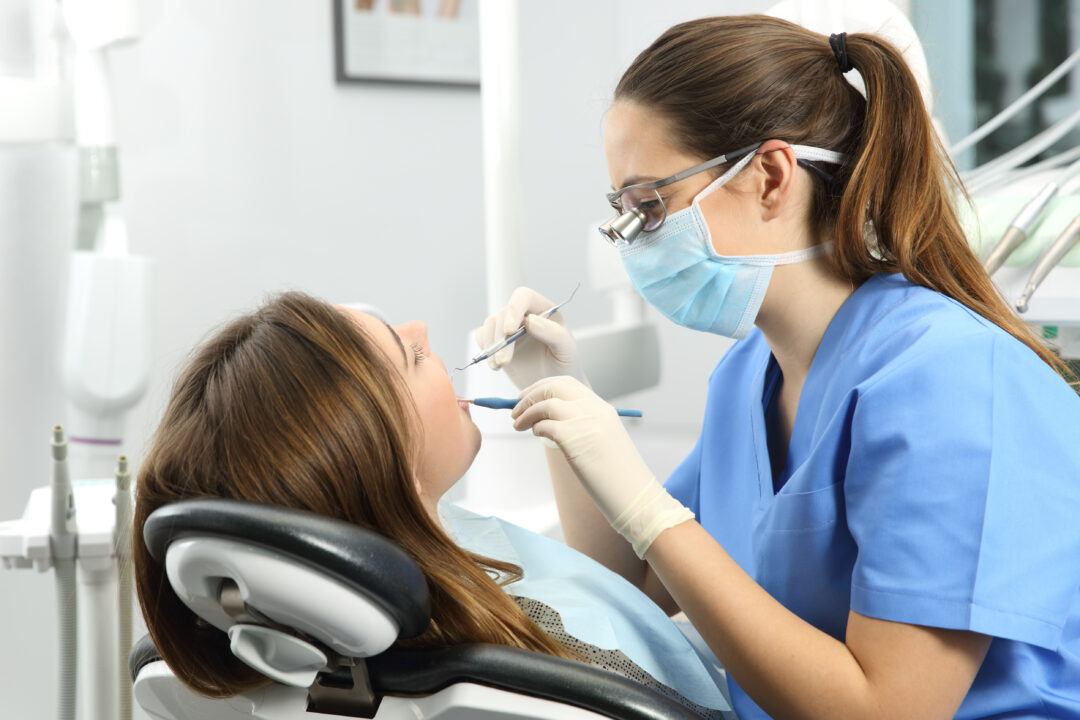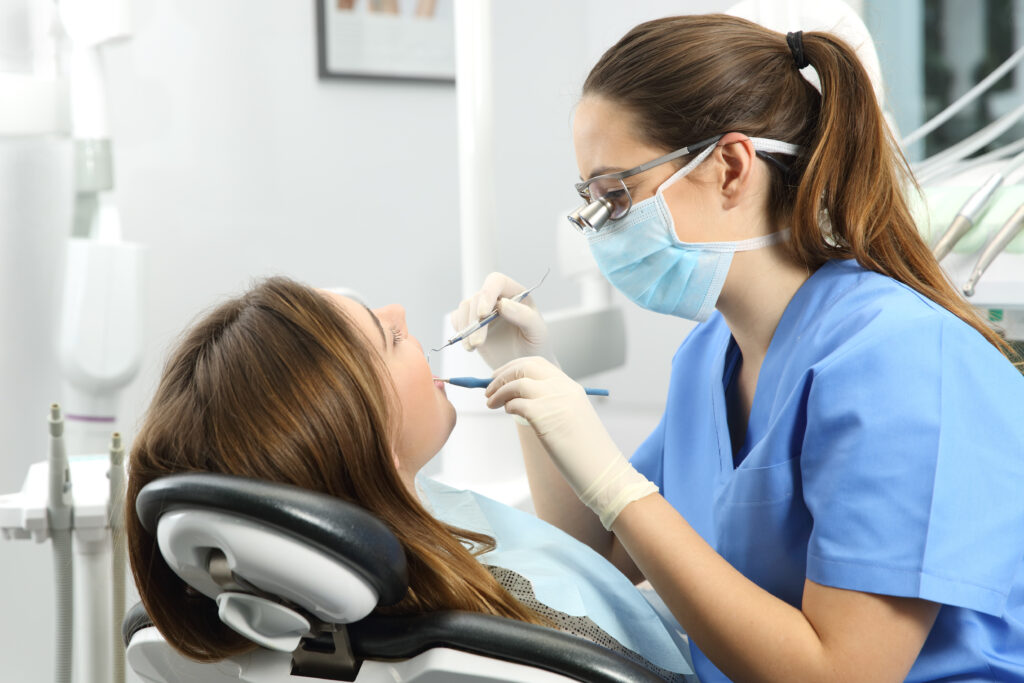The College has issued an open invitation to all College members and other dental professionals to attend its 2025 Summer Reception.

The Summer Reception, incorporating the fourth annual College Fellows’ Summer Reception, will be an opportunity to network with your peers in the grand surroundings of the historic Cutlers’ Hall, and all dental professionals and those with professional interests in contemporary dentistry are invited to attend, with discounted tickets available to College members.
The event will include the ceremonial admission of new Fellows, and for the first time also Associate Fellows of the College. The President’s Award, typically given for charitable endeavours related to dentistry, will also be presented during the Reception, and this year’s winner of the prestigious College Medal is also expected to be announced. Photographs of the event will be made available to attendees shortly afterwards to download free of charge.
The College Summer Reception takes place from 5pm to 8pm on Friday 13 June in Sheffield, with registration open from 4.30pm.
It will be preceded from 2pm by the Inaugural College of General Dentistry Lecture, to be delivered by Martin Kelleher FCGDent, Consultant in Restorative Dentistry at King’s College Dental Hospital. Intended to stimulate and provoke healthy debate, this will challenge the notion of the ‘ideal treatment plan’ and contend that subconscious bias and possible self-interests can lead some supposed experts to confuse their version of a questionable ‘gold standard’ with what is really in a patient’s overall best interests and with what the law expects. This is also open to all dental professionals to attend, and CPD certificates will be provided.
Tickets are available for the reception only, lecture only, or combined lecture and reception. ‘Early Bird’ rates currently apply.
To secure your place, click the button below:
For further information, visit the College’s events pages.


